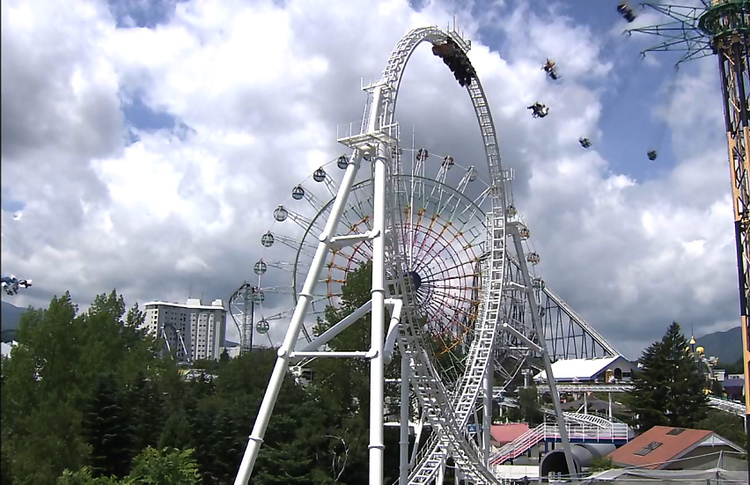Bad news for adrenaline seekers…
Japan has made some of the world’s most interesting (and questionable) inventions and the Do-Dodonpa, the world’s fastest-accelerating roller coaster, is one of them.
Opened in 2001, the Do-Dodonpa is located in Fuji-Q Highland Park, Fujiyoshida in Japan and offers riders an unforgettable, blood-pumping, heart-beat racing experience of a lifetime. While it may not be the fanciest or the longest roller coaster out there, it is famous for its speed as it can accelerate from 0 to 180km per hour in less than 2 seconds! (1.56 seconds to be exact). You might be wondering that a ride with that superhuman speed should have witnessed a few accidents while operating but apparently it had a clean record since its operation 20 years back. It was about time that that record was broken.
In December of 2020, incidents were reported where riders suffered from bone injuries after riding the roller coaster. Up until now, about six different cases have been reported out of which, four consist of broken backs or necks. In August, the roller coaster was suspended by the Fuji-Q Highland Park while Sansei Technologies, the company that manufactured the ride, investigated what was causing the accidents. Everything seemed to work normally and the company couldn’t justify the reason for the incidents. Naoya Miyasato, an architecture professor from Nihon University also studied this particular case of the roller coaster and couldn’t come up with an answer either. Although he suspects, it could be due to the rapid acceleration which is almost 3 times the force of gravity at its peak. Regardless, it has been temporarily closed until the concerned authorities can get to the bottom of it.
In 2017, the park officials increased the maximum acceleration of the roller coaster from 172km to 180km per hour to make the ride more thrilling. And since there were no prior reports of any accidents, this change was happily accepted. It wasn’t until 2020, three years after the change, that an accident was reported and hence, whatever caused it is still a mystery.
Maybe it’s another side effect of the pandemic?

